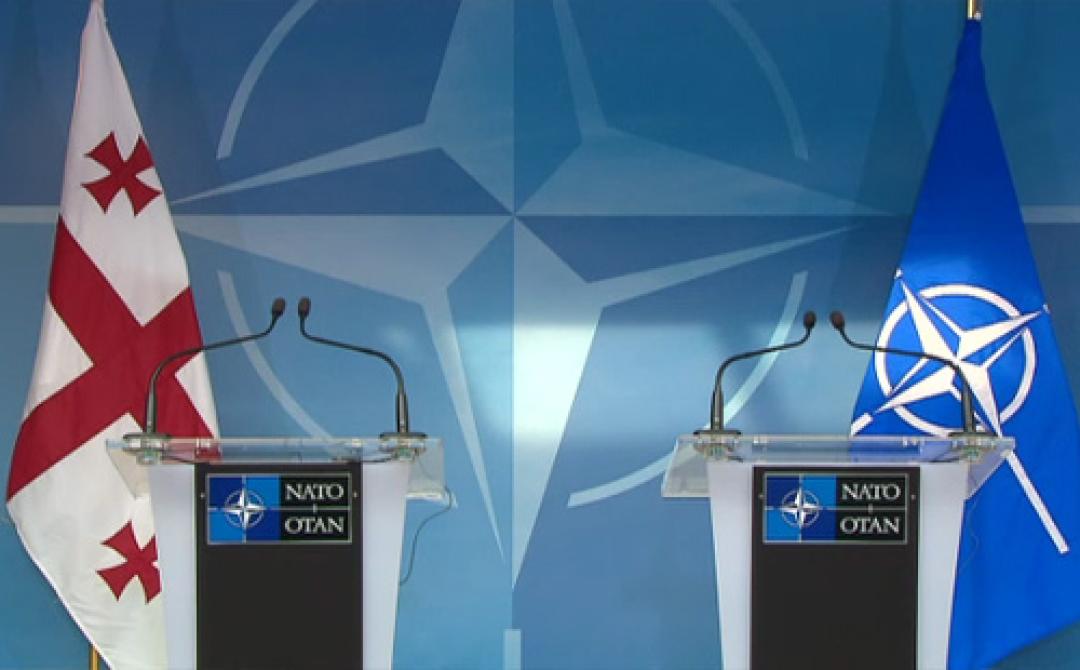
NATO Special Representative Colomina Discusses Georgia-NATO Relations and Regional Stability

On December 24, Javier Colomina, the NATO Secretary General’s Special Representative for the Caucasus and Central Asia, gave an interview with the Georgian Public Broadcaster (GPB).
Regarding bilateral relations, the official noted, "The relationship between Georgia and NATO is in very good health. Bilaterally, we are cooperating. We are using all the tools we have to cooperate with our partners, particularly practical cooperation through military-to-military channels. We are working on many areas, cyber, hybrid, maritime security, and special operation forces. We are doing excellent work in trying to make the Georgian armed forces more interoperable and more professional. And we are very satisfied with that." He expanded the line to the inclusion of Georgia into NATO: "We believe very much in our Open Door Policy that is stated in our founding treaty, the Washington Treaty. We stick very much to the decisions we took in 2008, where we established very clearly that Ukraine and Georgia will become, at some point, members of the alliance. It is a process that needs to take place. It is a decision that needs to take place from the alliance, a political decision, to agree on the integration of Georgia within the alliance. But as I said, the practical cooperation is in excellent health. We want to see some of the reforms we've requested to be implemented. At the same time, the European Union is following its own set of requirements, and we're both working together to see the fulfillment of the Euro-Atlantic path by Georgia."
Regarding the importance of Georgia in the Black Sea, Colomina emphasized, "The Black Sea is a region of strategic importance for us. It was stated very clearly in the strategic concept that was approved in Madrid at the summit that took place in 2022. We consider the Black Sea region to be of enormous importance for the stability of the Euro-Atlantic area. In that sense, before the war, we used to do military maritime exercises in the Black Sea. We used to have port calls in Georgia ports and strong maritime cooperation with Georgia in the Black Sea. Now, that is impossible, but still, the Black Sea is very relevant to us." He added: "Whenever we see investments from Russia to have a presence in areas in our vicinity, it is a matter of concern. As I said, the Black Sea is already considered a region of strategic importance today. Therefore, it is part of our military plans. And therefore, if we see the need, we will be capable and willing to take action if we are under attack or if we consider that it is threatening enough."
In response to the question, "How can NATO help Georgia to prevent crimes in Russian-occupied territory of Georgia?" Colomina noted: "Well, I think through two ways. First, we've been working with Georgia, as much as we've been able, to reinforce the capabilities of Georgia. At the same time, by working with NATO authorities, we've been increasing the level of the deterrence messages. We've been sending messages to the rest of the world, particularly to Russia. We've been extremely clear that we support Georgia's territorial integrity and sovereignty. That is a message that has been coming from Brussels in a very consistent manner. We have reacted when we've seen incidents as such. And, of course, my condolences whenever we've seen the killing of Georgian citizens. I have myself reacted to show that NATO will continue to work with Georgia, to support the territorial integrity and sovereignty of your country, and therefore will continue to condemn actions as such from Russia."
Colomina also shared optimism about the future of relations between Armenia and Azerbaijan, "We are quite optimistic about the joint declaration that was signed by Prime Minister Pashinyan and President Aliyev. I’ve met with the ministers recently and also with the leaders of those countries at different moments. We believe it's very good news. We have been very supportive of the normalization of relations between Armenia and Azerbaijan. We've been supporting the efforts towards that normalization coming from the European Union or from the United States or the ones that have been carried out bilaterally by Armenia and Azerbaijan. We will continue to support those and hope for the best. It is fundamental indeed for us that stability in the Caucasus region is preserved, not only through the work that we do in Georgia, but also through the stability that could be brought from Armenia and Azerbaijan." He added: "I think Armenia has decided very clearly to make a shift in their foreign policy to take some distance from Moscow. It's something that we have encouraged. The Armenians are free to make their own decisions, but they decided to do that. I believe they're already starting to get closer to us – to ask for more cooperation, to ask for more political dialogue, to ask for more NATO presence and visibility in the relationship they have with us. We encourage whatever is decided by our partners that we believe is good for the stability of a region. That is very important for us."
See Also


Mirzoyan Meets US Deputy Assistant Secretary Joshua Huck

Azerbaijani President Holds Talks with UAE and German Business Delegations on Economic Cooperation

Grigoryan Confirms Armenia’s Readiness to Dissolve OSCE Minsk Group Upon Peace Treaty Signing

Azerbaijani Official Warns of Ecological Risks to Caspian Sea, Similar to Lake Urmia and Aral Sea

